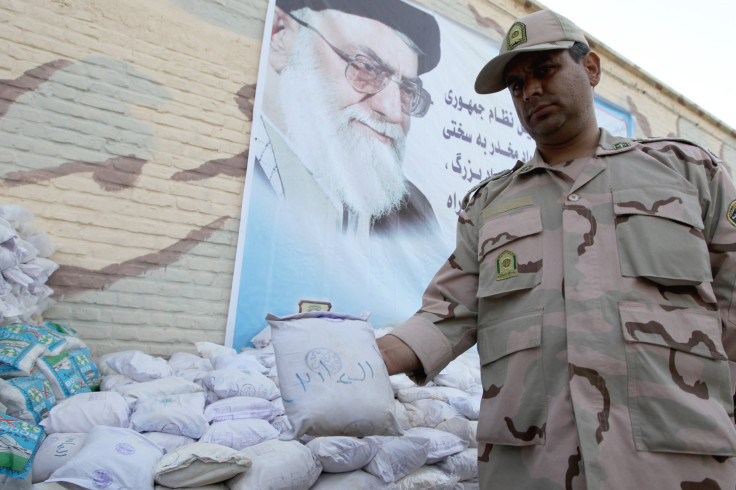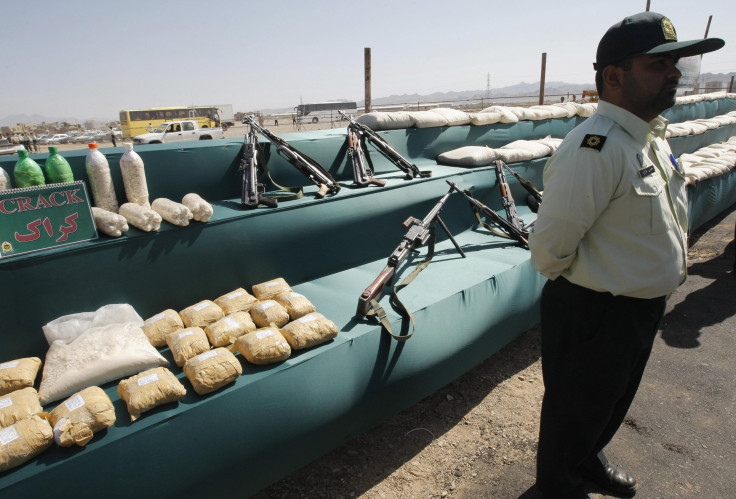Will Iran Legalize Drugs? Official Suggests New Measures To Shift Focus From Addiction To Use

A prominent Iranian official recently suggested a new drug policy for the country that includes taking steps toward the legalization of cannabis and opium, the Conversation reported. The official suggested measures including reintroducing the cultivation of plants such as poppy and cannabis under state supervision and the legalization of cannabis and opium under specific circumstances outlined by ad hoc laws.
Saeed Sefatian suggested the progressive new drug policy during a recent conference on addiction held in Tehran. Sefatian is head of the working group on drug demand reduction in the Council for Discernment of Expediency of the State (Expediency Council). The council aims to identify major political challenges, institutional strategies and long-term policies of the country. It also acts as the advisory body to Iran’s highest political authorities. The council is largely influential on the country’s drug policies; while all legislation is discussed and voted on in parliament, drugs laws are discussed and legislated in the council.

Iran already has progressive policies in place toward combating its large drug addiction problem, including the distribution of clean needles to injecting users, methadone substitution and a massive system of addiction treatment. However, drug addiction is still a major problem for Iran, and it might be time for a shift in focus from drug addiction to drug use. Sefatian said Iran needs to manage cultivation, production, supply and consumption. The legalization of cannabis and opium under specific circumstances outlined by ad hoc laws could include legalization of the drugs only in private places, and for opium to be available only for people above a certain age, Sefatian said, the Conversation reported. Iran foresees the prescription of opium tincture to drug abusers registered at state addiction centers.
If the Middle Eastern state were to reform its drug policy, the prison population would drop significantly, Iran would access new economic resources, and the agricultural sector would benefit from the cultivation of cannabis and poppy, according to the Conversation.
© Copyright IBTimes 2024. All rights reserved.






















